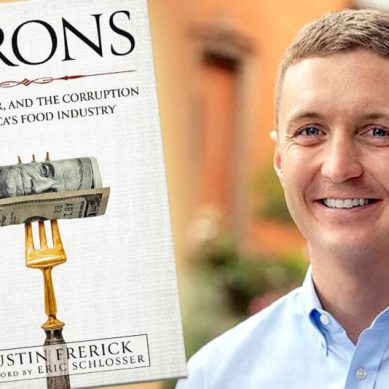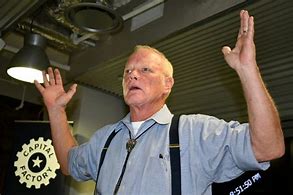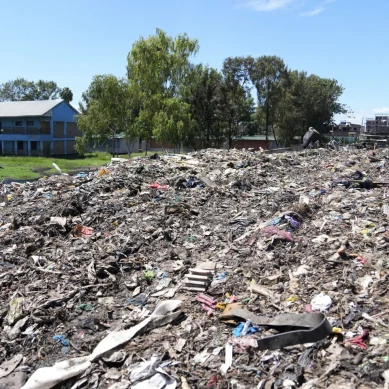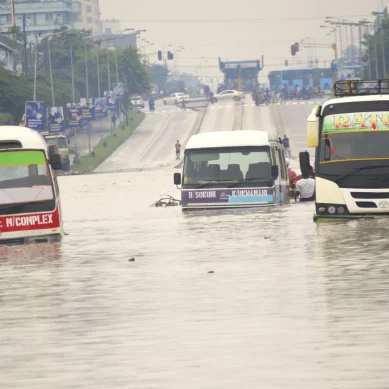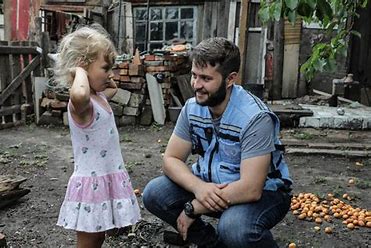
A lack of flexibility among leading humanitarian agencies has led to waste and needs being left unmet in Ukrain.
According to Iana Dashkovska, of children’s cancer charity Zaporuka, some international non-governmental organisations (INGOs) did not budget enough money for blankets last year and were unable to adjust their budgets when it became clear there would be a massive need for them once cold weather hit.
They are now distributing thin, cheap blankets that are useless against the cold, Dashkovska says.
Dashkovska also recalls an urgent request for insulin in April that took more than five months to be processed, leaving patients to suffer untreated. By the time the shipment arrived, in September, insulin was easily available again. “The doctors sent the donations back,” she says.
The seemingly arbitrary lines that divide humanitarian and development funding also prevent NGOs from working at full capacity: More than 100,000 homes need rebuilding across Ukraine, but many humanitarian organisations are only allowed to carry out “light and medium” repairs, such as fixing broken windows or doors, says Anne-Marie Kerrigan-Derriche, senior external relations adviser for Ukraine at the UN’s refugee agency, UNHCR.
Anything more intensive is typically considered a job for development NGOs, who rarely have access to the billions of dollars raised in humanitarian funds.
Basic human resource issues and recruitment competition are also hampering essential aid operations. As dozens of NGOs scale up simultaneously, the process of hiring and training new employees can take months, says Vila-Sexto, from NRC, adding that some roles have to be advertised as many as 10 times, as local staff leave to take up better paid roles or more exciting opportunities with the UN.
“Every week, there’s a new gap that you thought you had already covered,” he says. “You invest all that time, and you come out empty handed.”
As the international community makes slow progress, Ukrainian organisations and volunteers are leading the response – often at great personal risk. Sometimes unable to access or afford protective equipment, they brave Russian shelling to bring emergency aid to those near the front lines.
Without Ukrainian volunteers and NGOs, it would be “impossible” for international organisations to deliver aid, says Karolina Soliar, coordinator of advocacy campaigns for Ukraine’s National Network for the Development of Local Philanthropy, also known as Philanthropy. She notes an industry-wide lack of transparency about this dynamic. “In their yearly reports… [foreign NGOs] are not mentioning the list of organisations that were part of their delivery system,” she says.
In June last year, 14 of Philanthropy’s member organisations published an open letter asking donors and INGOs to streamline the process of applying for funds, and to credit Ukrainian nationals for their pivotal role in distributing aid. In the weeks that followed, more than 300 charities around the world added their signatures in support. But nine months later, little has changed.
“In their yearly reports, foreign NGOs are not mentioning the list of organisations that were part of their delivery system.”
Local NGOs and volunteer-led initiatives “don’t understand how to apply for grants because the forms are very, very complicated and they don’t speak the necessary languages,” Dashkovska says. “If there’s a shelter in a small village, run by local people, they can’t apply – it’s impossible.”
“For organisations like the NRC, we’ve been working for a long time, so we understand the requirements,” agrees Vila-Sexto. “I cannot even imagine a national NGO having to navigate the amount of bureaucracy behind a grant.”
Meanwhile, INGOs expect full progress reports from their local partners, written in English every two weeks, and it’s not uncommon for them to insist on approving every expense in advance. Corruption was a major issue in Ukraine before the war, so Ukrainian charities say these demands make sense, but still find them hard to fulfil.
“Flexibility, that’s what they’re lacking,” says Kurochka, from Tarilka. “But I understand why [INGOs] are not flexible.”
Sometimes, the inflexibility is hard to justify, according to Soliar. In one instance, Philanthropy identified an empty school that could be used as accommodation for people who had lost their homes. But the network’s international funders couldn’t supply the necessary materials because they were only approved for use on private properties.
“I cannot even imagine a national NGO having to navigate the amount of bureaucracy behind a grant.”
The 280 Days Charity Fund, a Ukrainian NGO working with vulnerable pregnant women and new-borns, describes similar difficulties in procuring equipment for the country’s maternity hospitals.
“We cannot choose [a supplier] that is to our liking,” co-founder Yulia Ridchenko says. “[Our partners] have to approve them. All this is controlled… It is a challenge.”
Combined with the chaos of war, these issues are forcing people to live in unacceptable conditions, according to Charles Gaudry, head of emergency response for the NGO Médecins Sans Frontières (MSF). While in Ukraine in January, he visited a shelter run by another NGO that had yet to install any boilers, forcing 45 residents to heat water on a two-ring stove.
“They’re surviving, but it’s really very, very basic,” he says. “And that’s just one example of one building. There’s probably far worse.”
If humanitarian agencies really want to help as many people as possible in Ukraine, they would make it easier for Ukrainian organisations to access their funding, and trust they know what to do with it, says Tetiana Stawnychy, president of the NGO Caritas Ukraine.
“Order and transparency are important,” she says. “But building up the agency of local NGOs is also part of building up resilience in society.”
– The New Humanitarian report
